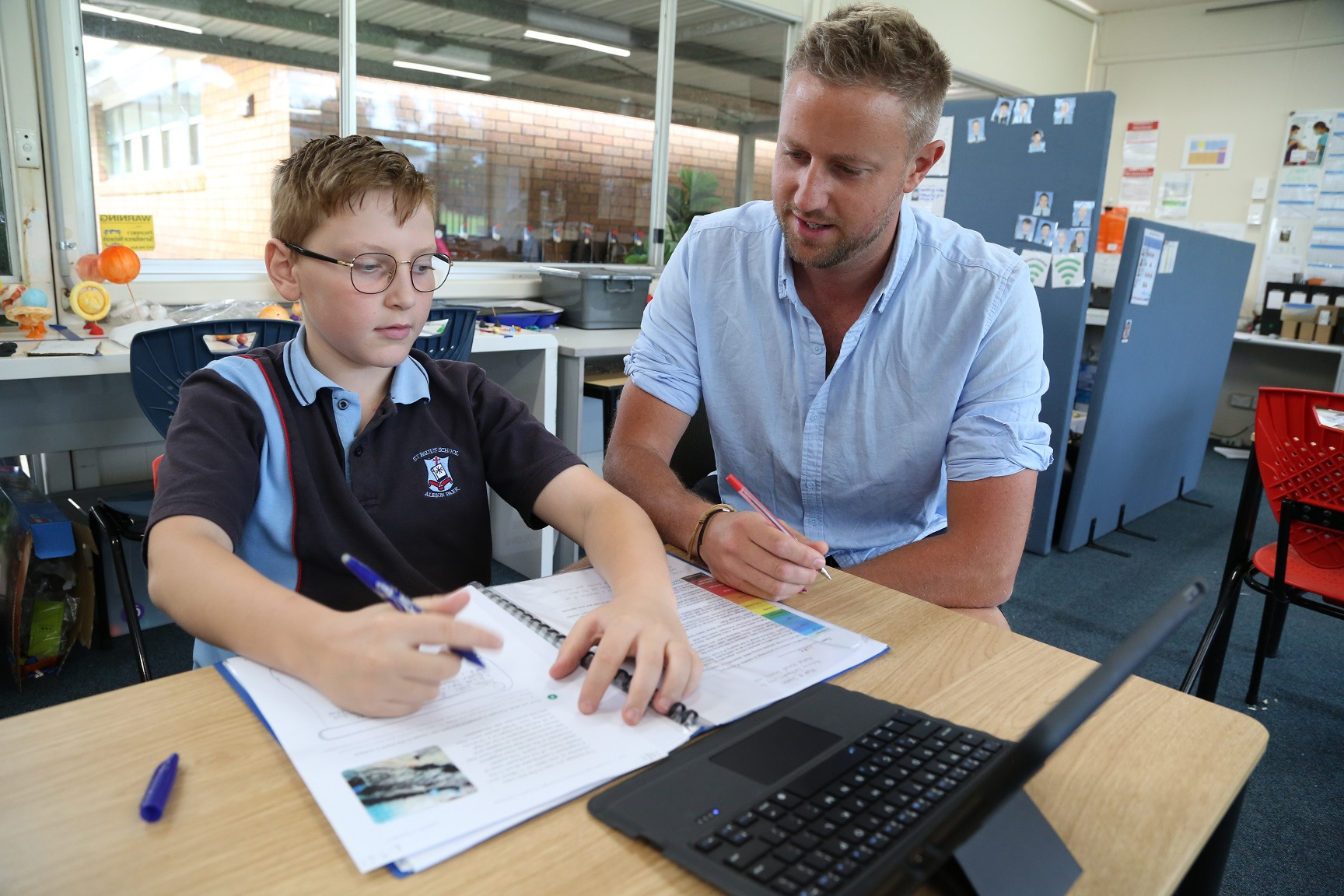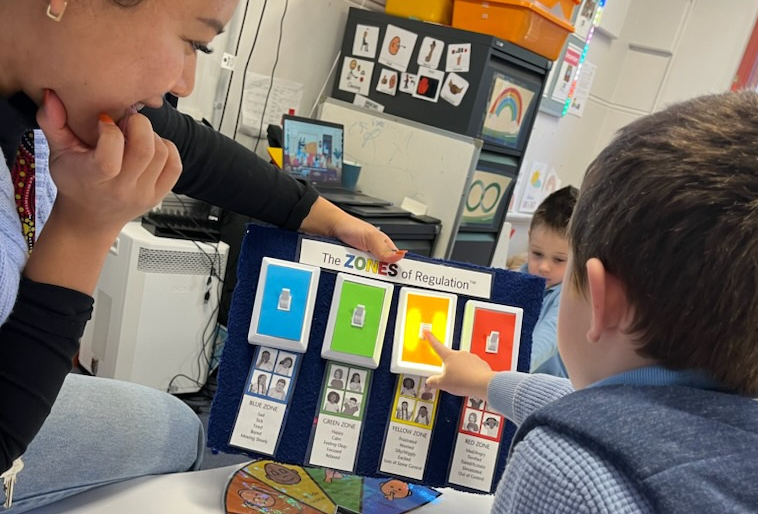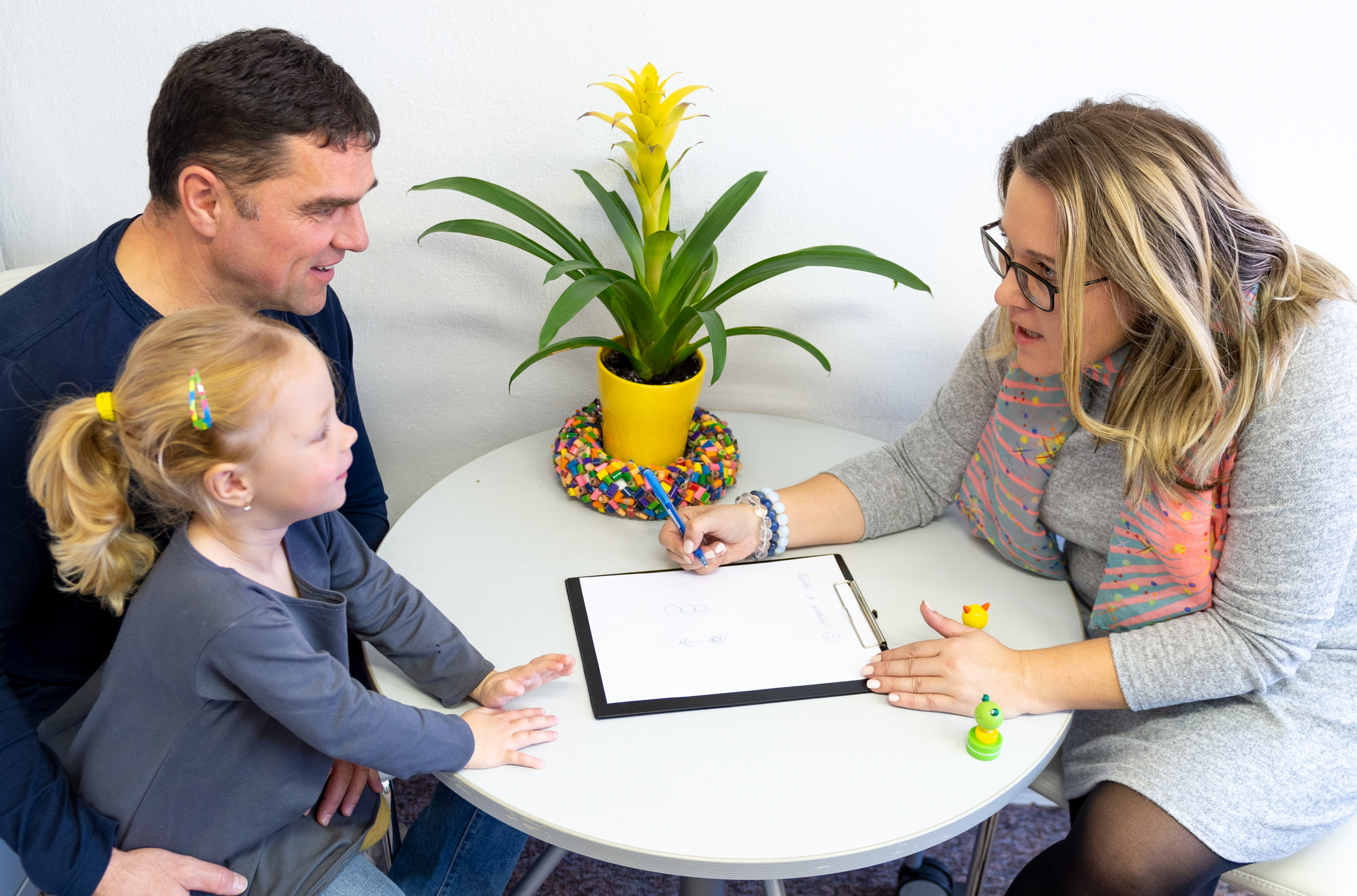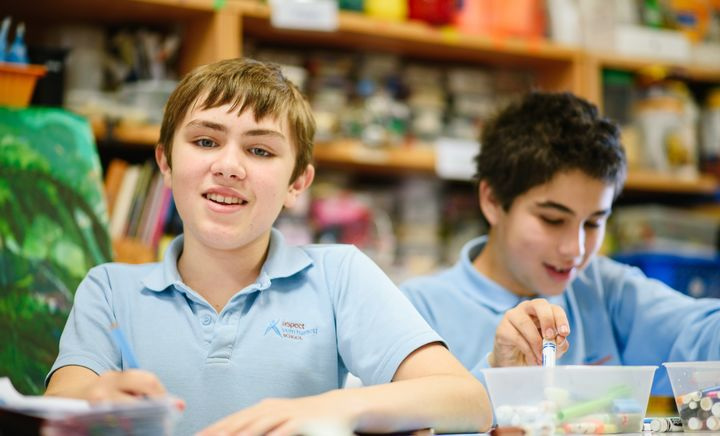School can be challenging for Autistic students and their families. Our research team helps create better learning environments for students attending autism schools, mainstream schools and Australia’s first autism-specific distance education program. We find out what practices work and partner with educators to design programs that help students fulfil their own individual learning goals.
Bettering transition programs for Autistic youth with intellectual disability

Findings from this study will contribute to broader conversations on designing transition programs that reflect the priorities of Autistic youth with intellectual disability – social connection, routine and participant-driven engagement. Read more
Making high school transition easier

This study was conducted to support Aspect Education’s commitment to continuous improvement. The findings from this study will help staff understand how the transition to high school process at Aspect can be enhanced. The findings may also assist external service providers and school systems to implement key transition supports at this critical time. Read more
Enhancing trauma-informed positive education

This is the first study investigating the use of the Berry Street Education Model (BSEM) in an autism-specific school. BSEM training enhanced trauma literacy and attitudes towards trauma-informed care among staff, and contributed to improved teaching practices and better support for students with trauma backgrounds. Read more
Improving useability of The Zones of Regulation

This is the first research study to explore the feasibility and usefulness of The Zones in autism-specific schools. We found most teachers find The Zones program acceptable, but it needs significant changes for Aspect students to participate. Read more
Improving school-wide Positive Behaviour Support

Positive Behaviour Support (PBS) strategies that are adopted school wide help educators set clear expectations that support students to learn and thrive at school. We surveyed educators from Australian autism-specific schools to find out their views and experiences of school-wide PBS and identify areas for improvement. Read more
Enhancing distance education

Traditional schooling is not always the best fit for Autistic students and their families. Some parents opt for distance education. We asked students, parents and teachers involved in Aspect’s distance education program what is working and what can be improved. Read more
Bettering learning outcomes

COMPASS is a model widely used in the USA to develop individualised learning objectives and evidence-based teaching plans to help Autistic students reach their full potential. Our research found that adopting the COMPASS program resulted in students making greater progress towards achieving their learning goals. Read more
Increasing teachers' confidence

Teachers often do not have time to explore new teaching practices. This Autism CRC flagship project developed a suite of teaching resources and strategies for educators who teach diverse learners. All the resources can be easily accessed via the online platform, inclusionED. Teachers who participated in the project reported improved confidence in teaching Autistic children. Read more
Developing new ways to learn

Autistic adults have poorer educational, employment and quality of life outcomes than non-Autistic adults. A strengths-based approach to education may better equip Autistic students to transition into adult life. Our research is helping educators develop programs that take into consideration the strengths of Autistic students. Read more
Measuring the effectiveness of Google Classroom

During the COVID-19 pandemic, Google Classroom was the primary tool used in Aspect schools to support remote learning. Our research showed teachers and parents of students were extremely positive and in support of Google Classroom. However, participants also said it is important to provide training, support and an alternative for those students and families who are not able to use Google Classroom effectively. Read more
Improving emotion-based social skills

In collaboration with the Children’s Hospital Westmead, we are investigating whether the Westmead Feelings Program – a therapy program to teach social and emotional skills to children – is an effective and feasible way to help children in specialist autism schools to improve their emotional competence, social skills, and mental health symptoms. Read more
Supporting education at home

Aspect often receives requests from parents who are educating their child on the autism spectrum at home about where to access appropriate educational resources and supports. We surveyed families to find out more about their experiences of home education. The findings informed the development and delivery of Aspect services and resources. Read more
Stay in touch
Complete the form below to receive the latest autism practice research news: new studies, research updates, events and more.

